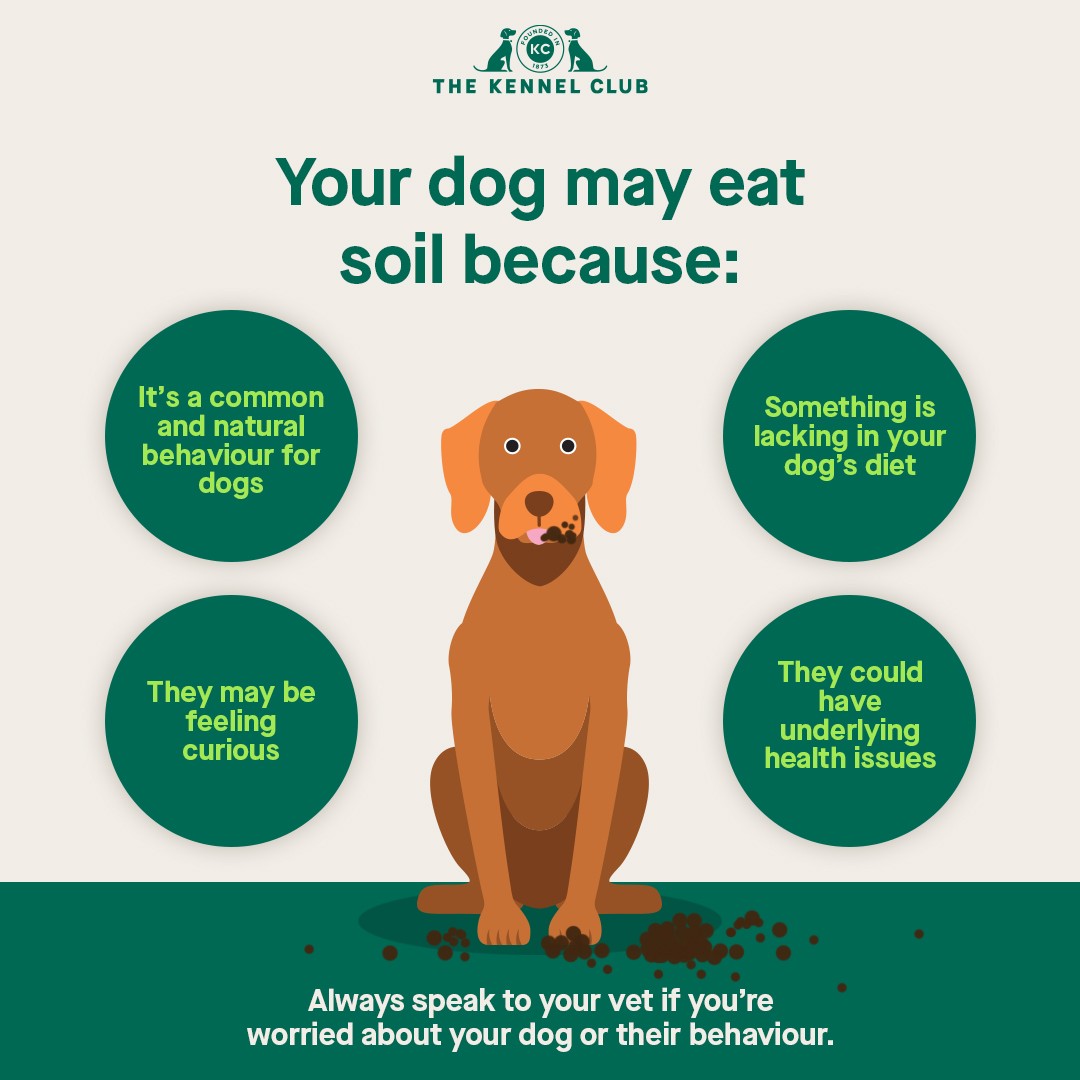Witnessing your dog indulging in a mud feast can be perplexing. Why do dogs engage in this seemingly unappealing behavior? This article delves into the various reasons behind why dogs eat mud, exploring the nutritional, behavioral, and medical factors that may contribute to this habit. We’ll also discuss potential risks and offer practical solutions to help curb your dog’s mud-eating tendencies.
Common Reasons Why Dogs Eat Mud
The consumption of non-food items, a behavior known as pica, is observed in both humans and animals. In dogs, eating mud, also known as geophagia, can stem from several underlying causes.
Nutritional Deficiencies: Filling the Gaps
Dogs descended from wolves, wild animals that often consumed soil to supplement their diets with essential minerals like calcium, magnesium, sodium, and potassium. Similarly, a dog eating dirt might indicate a nutritional deficiency in their current diet. An inadequate or low-quality diet can trigger this instinctual behavior.
A high-quality, complete dog food tailored to your dog’s breed, size, and age is crucial. Consult your veterinarian to determine if your dog’s diet meets their nutritional needs or if supplementation is necessary.
Behavioral Reasons: Curiosity and Boredom
Puppies, driven by innate curiosity, often explore their environment through taste, making mud a tempting target. While this is generally a phase, persistent mud eating in adult dogs may signal underlying behavioral issues.
Boredom and lack of mental stimulation can lead to destructive behaviors, including pica. Ensure your dog receives adequate exercise, engaging playtime, and interactive toys to keep them mentally and physically stimulated.
Medical Concerns: Underlying Health Issues
In some cases, mud eating can indicate underlying medical conditions. Digestive problems, such as an upset stomach or the presence of intestinal parasites, might drive dogs to consume soil in an attempt to alleviate discomfort. Certain medical conditions like anemia, which is characterized by low red blood cell count, can also trigger mud cravings.
If your dog suddenly develops a habit of eating mud or exhibits other concerning symptoms, consult a veterinarian immediately to rule out any potential health problems.
Is Eating Mud Normal for Dogs?
While occasional mud nibbling in puppies is often considered normal exploratory behavior, frequent or excessive mud consumption in adult dogs warrants attention. Consider factors like changes in appetite, mood, and stool consistency to determine if a veterinary visit is necessary.
Potential Risks of Eating Mud
Although common, eating mud poses several risks to dogs. Soil can harbor parasites, harmful bacteria, and toxins like pesticides that can cause illness. Ingestion of foreign objects like stones or sticks present in mud can lead to intestinal blockages or dental damage.
How to Stop Your Dog from Eating Mud
Addressing your dog’s mud-eating habit involves identifying and addressing the root cause.
Dietary Adjustments
Ensure your dog receives a nutritionally balanced diet. Consult your veterinarian to determine if your dog’s current food provides adequate nutrients or if supplements are necessary.
Environmental Enrichment
Provide ample opportunities for physical and mental stimulation. Engage your dog in regular exercise, interactive play, and provide puzzle toys to alleviate boredom.
Training and Distraction
Implement obedience training, teaching commands like “leave it” or “drop it,” to redirect your dog’s attention away from mud. Positive reinforcement, using treats or praise, can help reinforce desired behaviors.
Limiting Access
Restrict your dog’s access to areas with readily available mud. Use fencing or barriers to prevent them from digging in mud-prone areas.
Conclusion
Understanding why your dog eats mud is key to addressing this potentially harmful behavior. By considering the nutritional, behavioral, and medical factors, and implementing appropriate solutions, you can safeguard your dog’s health and well-being. If concerns persist, consult with a veterinarian or a qualified dog trainer for professional guidance.


